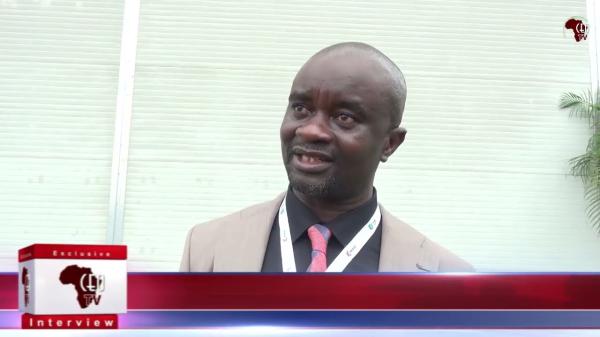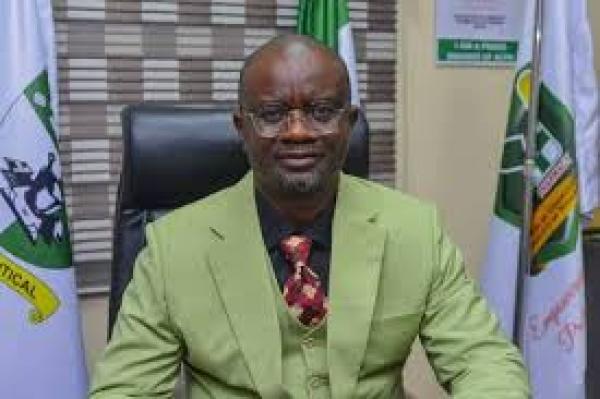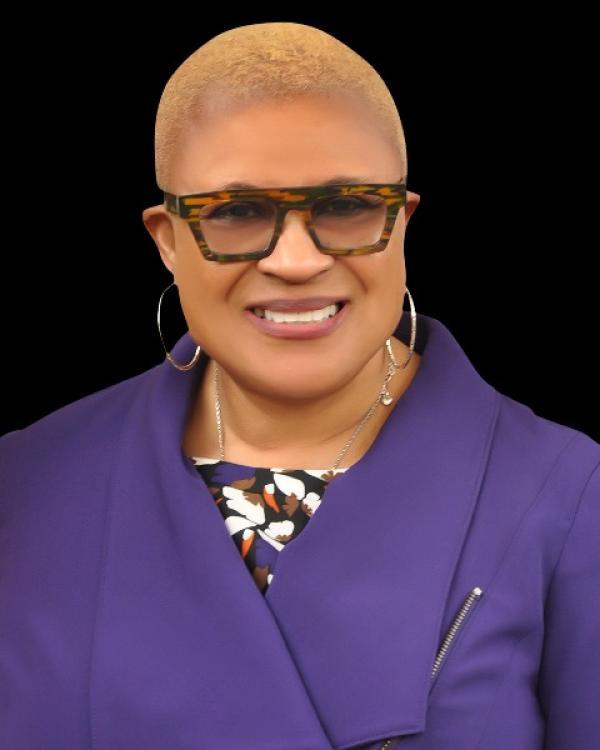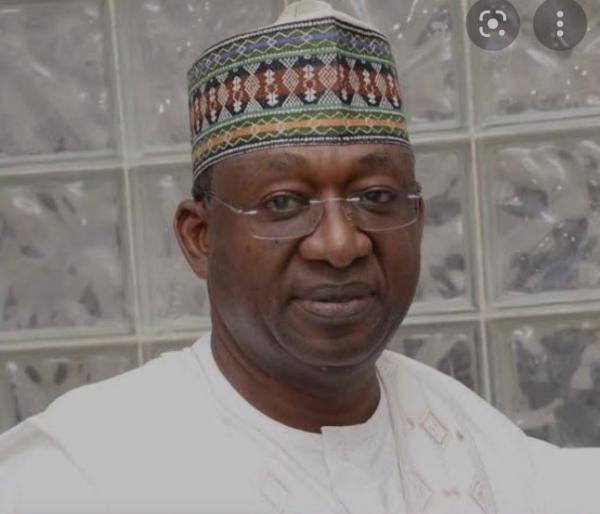
Pharm. Ambrose Igwekamma Ezeh, the National Chairman of the Association of Community Pharmacists of Nigeria (ACPN), highlighted the critical need for effective drug regulation and the development of necessary infrastructure to propel the pharmaceutical sector forward in Nigeria.
Eze made this known in his powerful address at the opening ceremony of the ACPN 44th Annual International Scientific Conference, tagged "IFEADIGO 2025," held on July 23, holding at the International Conference Center (ICC) in Awka,
The National Chairman emphasized the significance of implementing the National Drug Distribution Guidelines (NDDG) established in 2015 during a national cry for reform in drug distribution. He praised stakeholders, particularly the Pharmacists Council of Nigeria (PCN) and the National Agency for Food and Drug Administration and Control (NAFDAC), for their efforts in creating a coordinated wholesale distribution model that can enhance drug safety and accessibility across the nation.
Referencing the success achieved by Kano State in the establishment of a Coordinated Wholesale Centre (CWC), Ezeh expressed optimism about the potential of Anambra's CWC, particularly under the leadership of Governor Charles Soludo, who has demonstrated an unwavering commitment to improving healthcare delivery. "The Soludo administration has emerged as the most pharmacy-friendly in Nigeria," he remarked, acknowledging the key appointments of pharmacists to significant positions within the state government that underscore this commitment.
Ezeh lauded the strides of the Anambra State Primary Health Development Agency, which has achieved recognition as a leading agency both regionally and nationally. He applauded the recent allocation of land for industrial pharmacists in Oba to facilitate research and pharmaceutical operations, asserting that such initiatives signal the state's readiness to take a proactive stance in the healthcare sector.
Addressing the ongoing regulatory challenges, Ezeh called for clarity in the roles of regulatory bodies to eliminate confusion and legal disputes between NAFDAC and PCN. He stressed the importance of safeguarding the autonomy and regulatory powers of the pharmacy profession to ensure public health and safety. "There is a necessity for a regulatory environment that fosters growth and innovation in the pharmaceutical sector while also protecting the integrity of pharmacy practice," he stated.
Ezeh concluded by urging the government to reconsider burdensome regulatory requirements that hinder industry growth, advocating for policies that support the development of Nigeria's pharmaceutical capacity. He expressed confidence that with combined efforts, the pharmaceutical sector could flourish, aiming for a target value of $10 billion over the next five years.
In closing, Ezeh reaffirmed the commitment of ACPN to collaborate with the Anambra State Government in achieving these shared goals, emphasizing that a united front is essential in addressing healthcare challenges. He urged all stakeholders to work together towards creating a robust and efficient healthcare system that prioritizes the well-being of Nigerians, reinforcing the belief that a strong pharmaceutical sector is foundational to public health.
"Finally, we wish to assure the Government at all levels that the ACPN will continue to partner when the agenda is right for consumers of health in Nigeria. Toward this end, we shall continue to empower our membership with adequate knowledge and skills in our march to boost the quality of the pharma workforce in Nigeria."





















